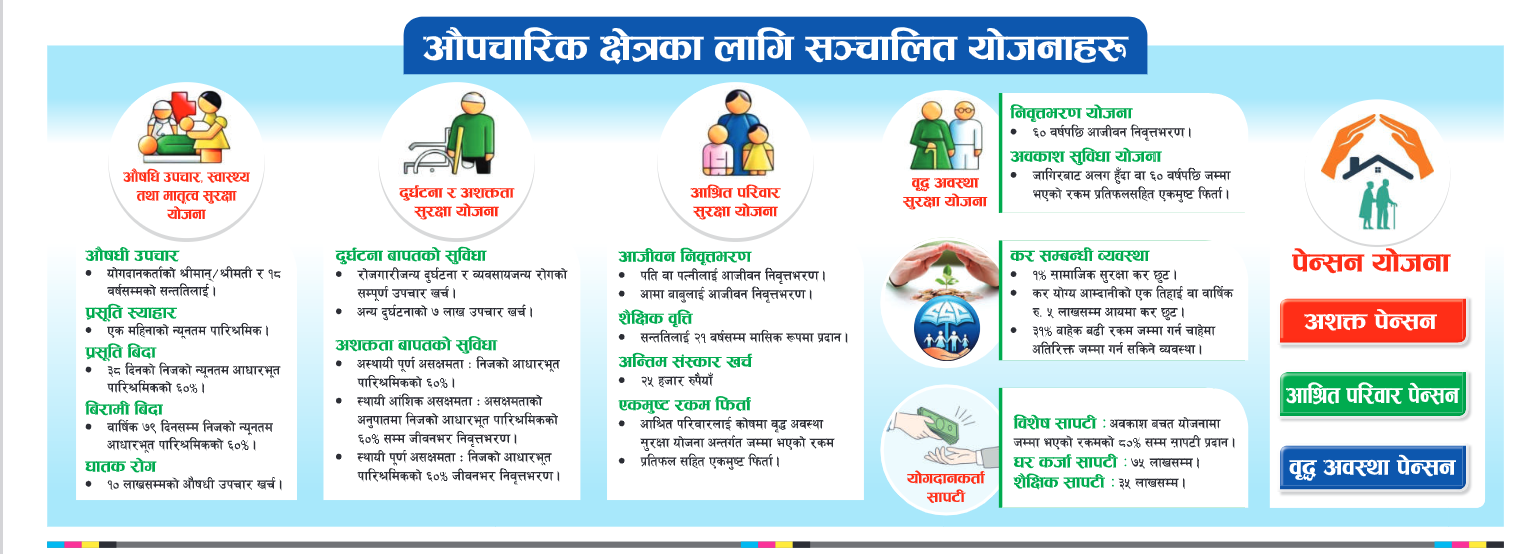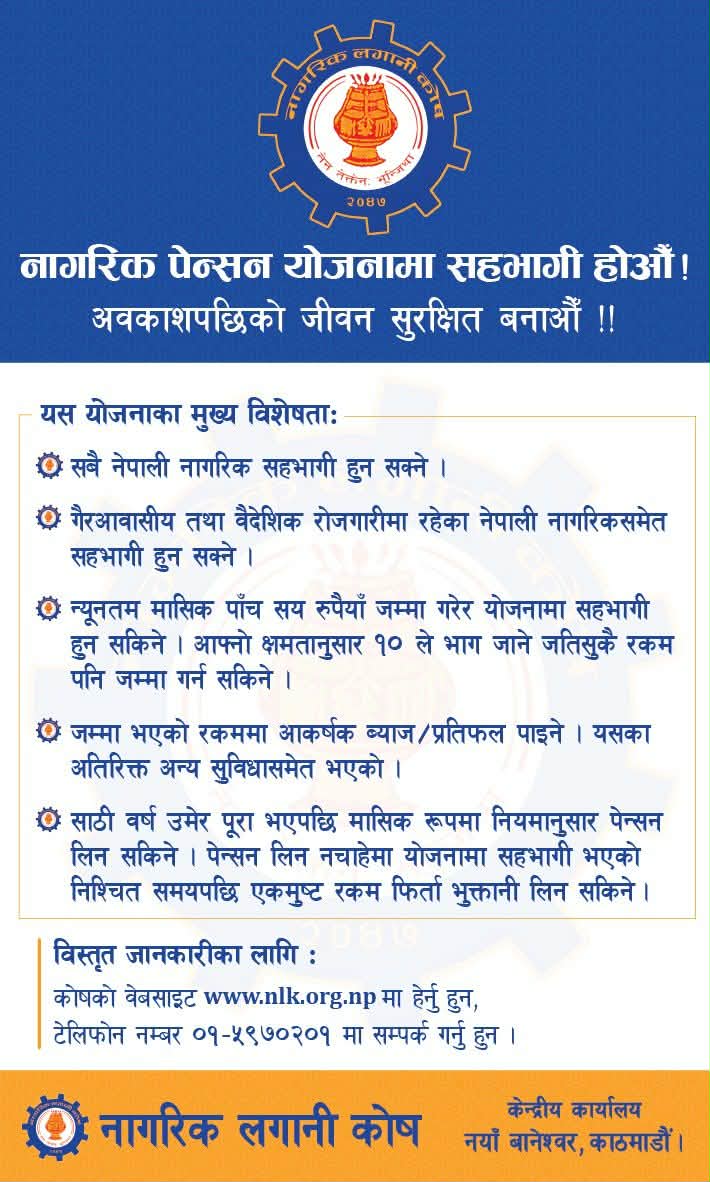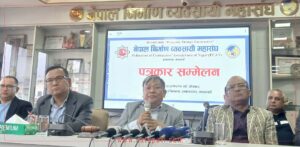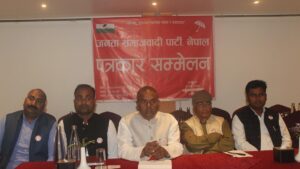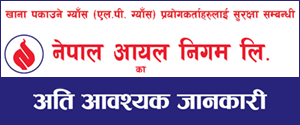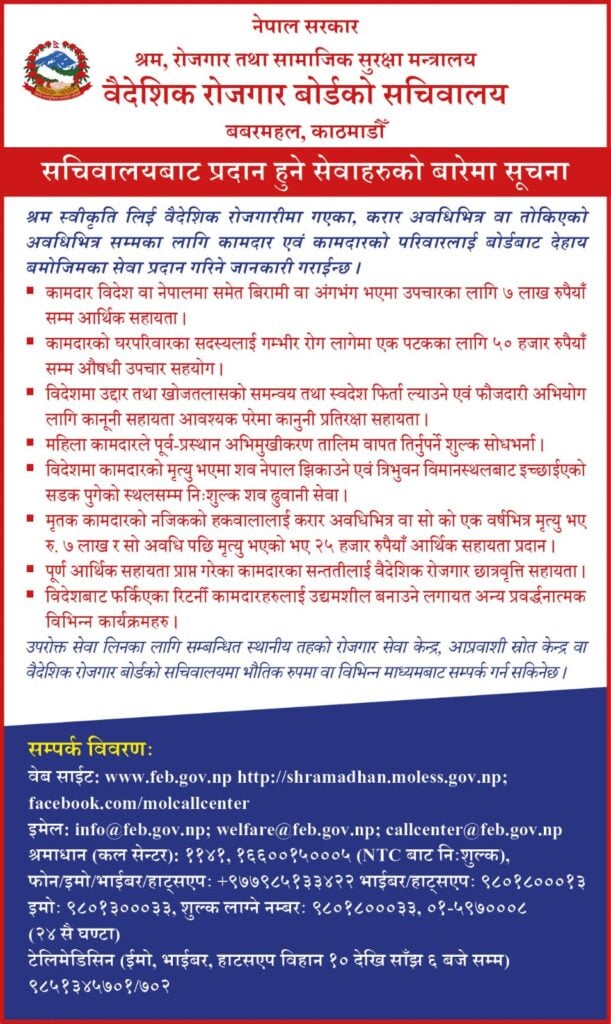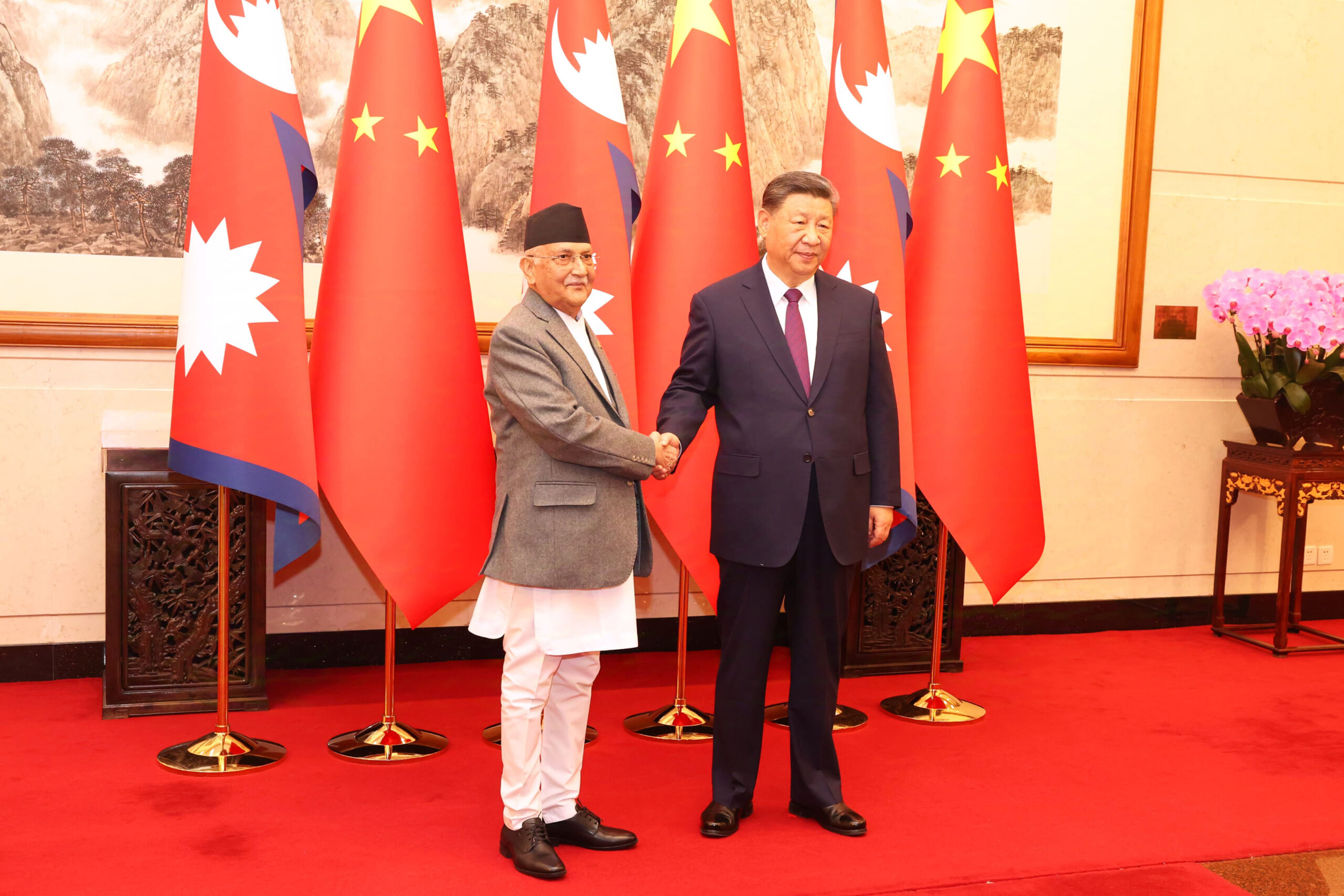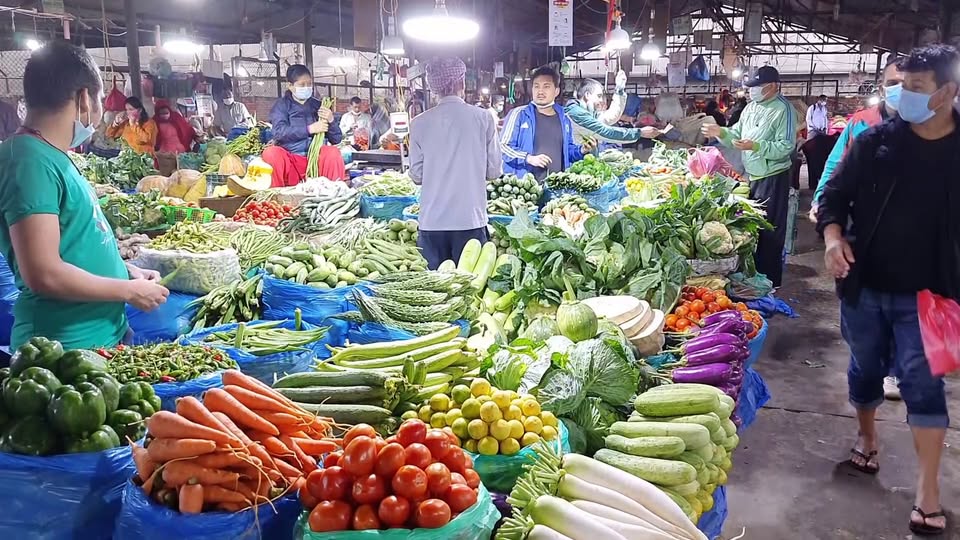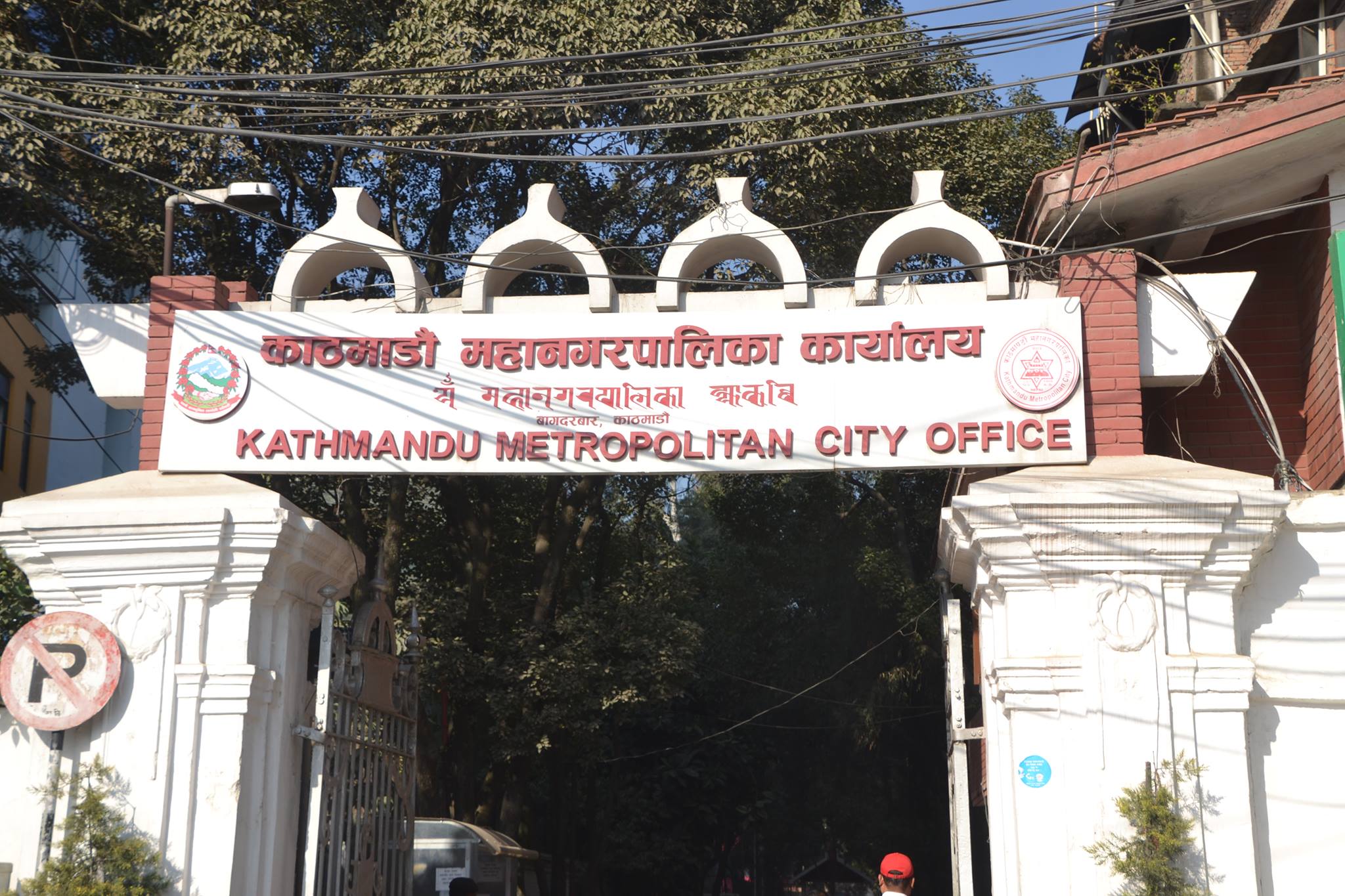LEAVE NO ONE BEHIND: Better production, better nutrition, a better environment and a better life
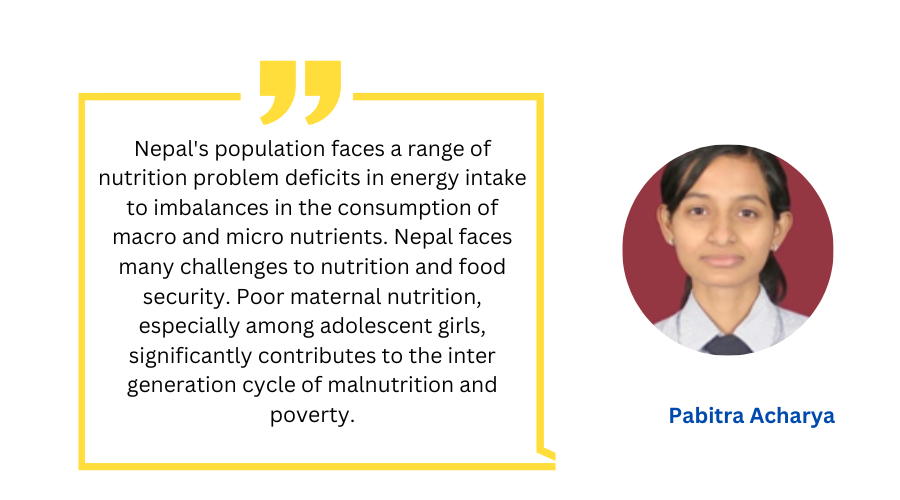
Nepal is a landlock country with a rich diversity of ethnicities and cultures. Nepal has strong potential for development. Its agricultural biodiversity means it can produce a wide range of crops (cereals, pulses, oilseeds crop fruits, vegetables and other cash crops) at different locations throughout the country. More than half of all people engaged in agricultural but current situation different employment opportunities people migrate in cities areas. Nepal ‘s landmass falls under three ecological zones – the terai (plains), the hills and the mountains. Agriculture is the backbone of the country and the economy. Agriculture is very important. The support our daily diet. There are many reasons to collapse in agricultural production due to climate change, like rainy season to irrigate and grow their crops. Heavy rain washes away at high temperatures and also farmers do not get seeds in time to cultivate. Around 70% people engage in agricultural occupation.
Advertisement 1
The agricultural sector employs around 70 percent of the population, but it struggles to produce and adequate food supply for the country. Low agricultural productivity weak market linkage and coordination, poor infrastructural and inadequate government resources to the underlying causes of hunger, poverty and undernutrition in Nepal (USAID 2020).
FAO Nepal is working in close coordination and cooperation with the Government of Nepal (GON) from 1977 A.D aiming to promote agricultural development, achieving food and nutrition security, uplifting livelihoods of rural farming community and promoting sustainable natural resource management through policy support, strengthening institutional capacity and providing technical assistance in the implementation of projects and programmers aligning with government strategy and priorities.
Advertisement 2
The FAO Strategic Framework 2022-2031 seeks to support Sustainable Development Goal (SDGs) through the transformation of agriculture into more efficient, inclusive, resilient and sustainable agri-food system for better production, better nutrition, better environment, and better life, leaving no one behind.
According to fifth five years plan- the agricultural sector which contributes 27 percent to GNP and is associated with the livelihoods of 60.4 percent of the population, is the mainstay of economic prosperity.
Advertisement 3
The constitution of Nepal guarantees the right to food as a fundamental right. Considering food and nutrition crises that may arise due to various reasons, policy, structural and institutional reforms are needed in agriculture for self-reliance in the production of major staples, fruits, vegetables, and find, vegetables and fish and meat products. The constitution of Nepal, the agricultural development strategy (2015-2055) which represents a road map for all development of the agriculture sector. Federal, provincial and local government will also mobilize for the overall development of the agricultural sector. Similarly, resources will be mobilized in the sector to achieve the goals of ending hunger, ensuring food security and nutrition and promoting sustainable agriculture under the SDGs. The SDGs include ” ending hunger, improving food security and nutrition, and promoting sustainable agriculture” as one of the goals. Effective implementation of appropriate strategies and working policies is essential to achieve food and nutrition security in line with the goals and objectives put forth by sectoral policies and plans, including agriculture development strategy zero hunger challenge, and multi-sector nutrition plan II (MSNP-II). There is major problem where agricultural production is descending way poor availability of resources and materials, inadequate physical infrastructures such as irrigation, roads, agricultural markets, cold storage, warehouses, collection centers, and inadequate electricity etc. improved breeds and seeds replacement rates both essential to achieving expected result in agricultural production.
Due to the low production and productivity of the agriculture sector, which plays a major role in ensuring food and nutrition security and weak. Supply distribution system for foods, the availability of and access to food in remote and mountain areas and also in some locations in the terai is poor. Similarly uncontrolled food price increase at different aggravated problem in securing access to food. Climate change and other natural disasters have reduced productivity and made it difficult to achieve livelihood as well as food and nutrition security goals.
It is challenging to commercialize the sector by enhancing their capabilities to respond natural disasters by mitigating the adverse effects of climate change. Since the youth workforce needed for agricultural has been attracted to foreign employment and other sector because of the lack of a favorable business environment, the productivity of this sector has declined. Decreasing the adverse effects of pesticides residues, antibiotics, harmful chemical, hormones etc. used in agricultural and animal production in human and environment health. Lack of transportation services also not getting market of agricultural products.
“Healthy, productive, responsible, and happy citizens.” people get the all types of facility like basic health services easily available cost effectiveness and affordable price. Good nutrition diet also plays important role to be healthy. According to NDHS 2016 stunting (short height for age) under five years is 36 percent, wasting (low weight for height) among under five years children is 10 percent and underweight among under five years children is 27 percent. Nepal’s population faces a range of nutrition problem deficits in energy intake to imbalances in the consumption of macro and micro nutrients. Nepal faces many challenges to nutrition and food security. Poor maternal nutrition, especially among adolescent girls, significantly contributes to the inter generation cycle of malnutrition and poverty.
Ensure sustainable consumption and production patterns, through efficient and inclusive food and agriculture supply chains at local, regional and global levels, ensuring resilient and sustainable agrifood systems in a changing climate and environment. seed plays and important role towards a better future, developing sustainable plant-based solution to improve food production, nutrition and the environment. Plant-based nutrition is growing due to an overall increased focus on healthy eating and demanding from vegetarian/ vegan of food. Better nutrition means a complete meal that is both affordable and nutritious. Especially for the rural and urban poor. And, this is something that is completely attainable with the right focus. Solutions can be as simple as the biofortification of traditional and staple food. However, the focus equally requires a committed and consolidated effort to get food systems right.









